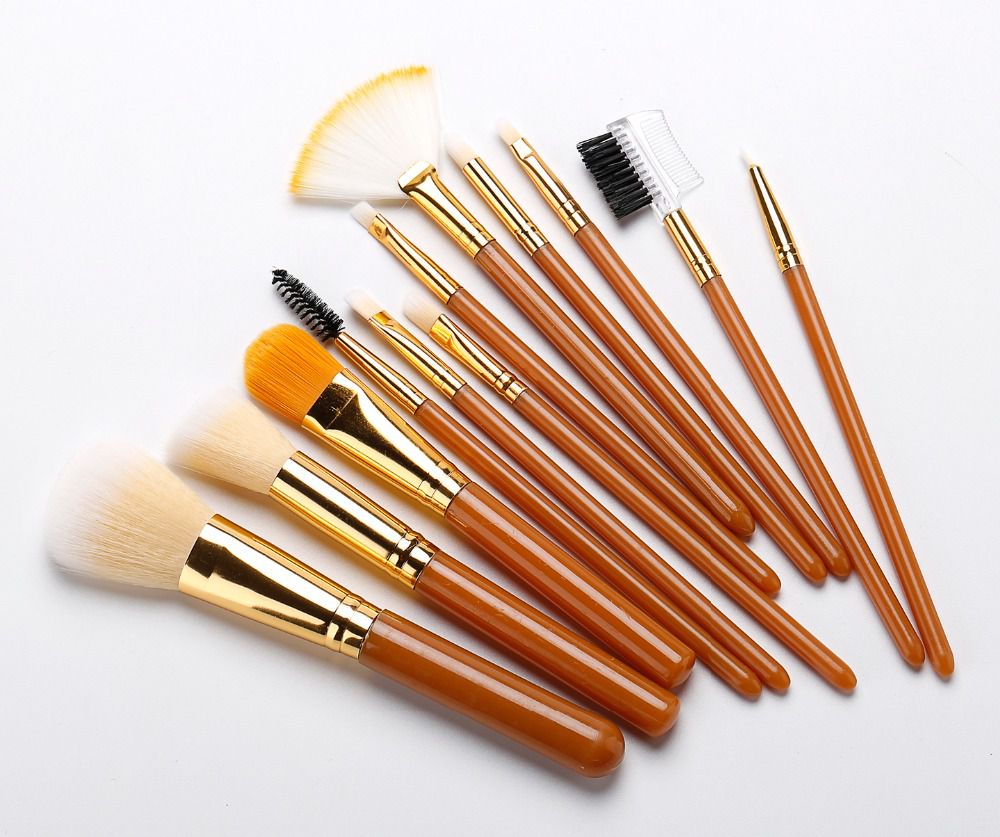Industry news
South African Retailers Stock Up on Budget Brushes: Synthetic Bristles Dominate Low-Cost Segment
- 582 Views
- 2025-07-15 01:31:35
South African Retailers Stock Up on Budget Brushes: Synthetic Bristles Dominate Low-Cost Segment
In recent months, South Africa’s cosmetic retail sector has seen a notable shift: retailers are rapidly increasing their inventory of budget-friendly makeup brushes, with synthetic bristles emerging as the clear leader in the low-cost segment. This trend reflects a confluence of economic pressures, evolving consumer preferences, and advancements in synthetic bristle technology, reshaping how affordable beauty tools are produced and consumed in the country.

Economic conditions in South Africa have played a pivotal role in driving demand for budget cosmetics. With inflationary pressures and constrained household incomes, consumers are increasingly prioritizing affordability without fully compromising on quality. According to a 2024 report by the South African Beauty Retail Association, sales of low-cost makeup tools (priced under ZAR 50) rose by 22% year-over-year, outpacing the overall cosmetics market growth of 8%. Within this category, makeup brushes—essential for achieving professional-looking makeup—have become a focal point, as shoppers seek accessible alternatives to premium brands.
Retailers, from national chains to local beauty stores, are responding by ramping up stock of budget brush sets. A key driver behind this strategy is the dominance of synthetic bristles in these low-cost offerings. Unlike natural bristles (often sourced from animal hair like goat or squirrel), synthetic fibers—typically made from nylon, polyester, or PBT (polybutylene terephthalate)—offer significant cost advantages. Production costs for synthetic brushes are 30-50% lower than natural alternatives, as synthetic materials are mass-produced, have stable supply chains, and avoid the ethical and regulatory complexities of animal-derived inputs.
Beyond cost, synthetic bristles have evolved dramatically in quality, addressing historical consumer skepticism. Early synthetic brushes were often criticized for being too stiff, shedding excessively, or failing to pick up and distribute makeup evenly. However, modern manufacturing techniques—such as tapered fiber tips and blendable filament mixes—have narrowed the performance gap. Today’s synthetic brushes boast softness, durability, and powder/cream product compatibility that rival mid-range natural bristle options. This improvement has been crucial in winning over price-sensitive consumers who previously associated “budget” with poor performance.
Ethical considerations further propel synthetic bristle adoption. Younger South African consumers, particularly Gen Z and millennials, are increasingly prioritizing cruelty-free and vegan beauty products. Synthetic brushes align with these values, as they eliminate the need for animal farming or hair harvesting. Retailers report that “cruelty-free” labeling on budget brush packaging has boosted sales by up to 15% in urban markets like Johannesburg and Cape Town, signaling a shift toward ethics-driven purchasing even in low-cost segments.
The rise of synthetic bristles in budget brushes also benefits retailers’ supply chain resilience. Natural bristle sourcing is vulnerable to global market fluctuations—for example, weather events affecting animal hair harvests or trade restrictions on animal products. Synthetic materials, by contrast, are produced in large quantities by global manufacturers, ensuring consistent availability and predictable pricing. This stability allows retailers to maintain competitive pricing and avoid stockouts, critical for retaining price-sensitive customers.
Looking ahead, the dominance of synthetic bristles in South Africa’s low-cost makeup brush segment is poised to strengthen. As manufacturers invest in further innovations—such as eco-friendly synthetic fibers made from recycled plastics—retailers will likely expand their budget brush lines to cater to both affordability and sustainability demands. With consumer wallets still under pressure and ethical awareness on the rise, synthetic bristle brushes are not just a trend but a lasting fixture in South Africa’s evolving beauty retail landscape.











